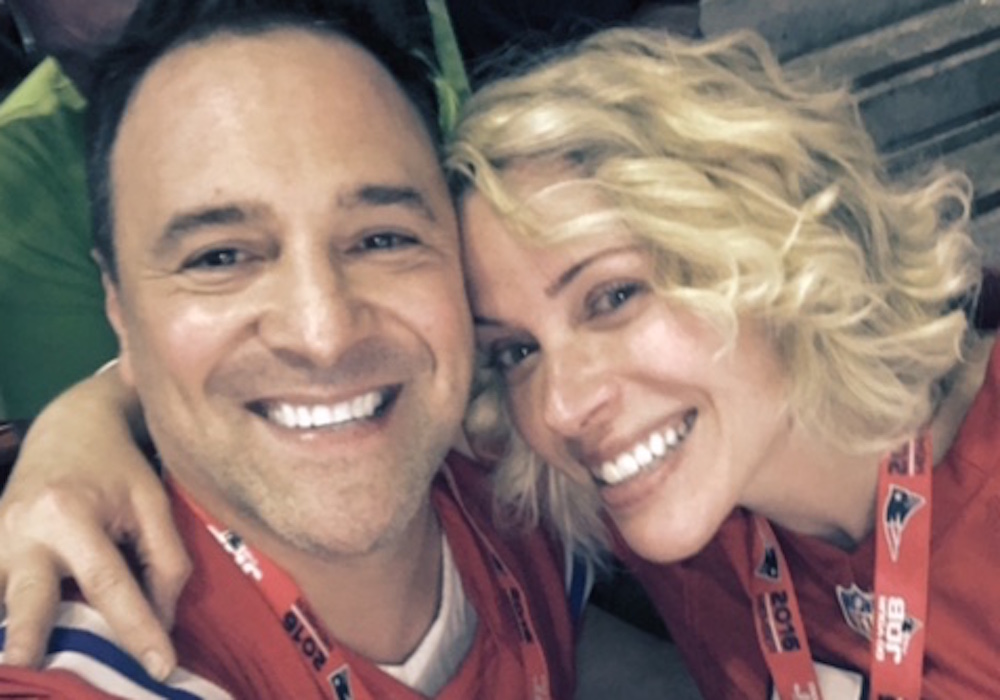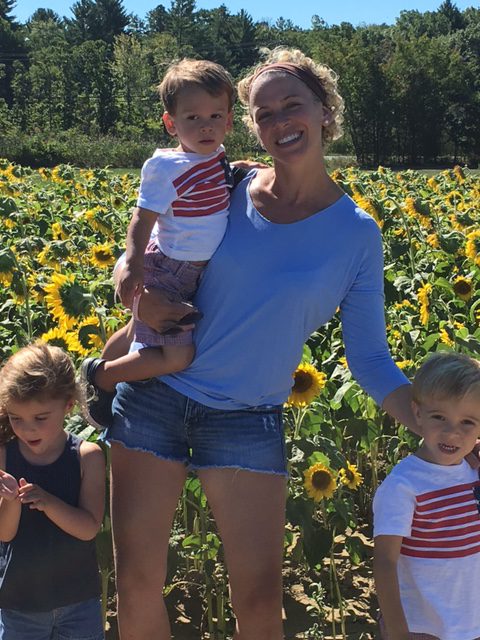
Kristen Collins was 40 years old when she was diagnosed with triple negative breast cancer – the most difficult type of breast cancer to treat. It was a heart-wrenching moment for Collins, who is the mother of three small children.
“My heart sank when I heard the news,” said Collins. “I had three babies and thought, “How am I going to do this?’”

Younger women often have more advanced types of breast cancers, partially because they are not typically screened and the cancer is found at a later stage. Collins received aggressive treatments – including multiple rounds of chemotherapy, a lumpectomy, and radiation – at the Susan F. Smith Center for Women’s Cancers, where she participated in a Program for Young Women with Breast Cancer. Today, she is cancer-free.
Breast cancer comes in three subtypes: hormone-positive, HER2 positive, and triple negative. Because triple negative breast cancer is negative for estrogen, progesterone, and HER2, it has no targets for drugs to tackle. That’s what makes it so difficult to treat, according to Collins’ doctors, Mehra Golshan, MD, FACS, and Ann Partridge, MD, MPH.
Today, the future is looking brighter for triple negative breast cancer patients like Collins. Chemotherapy is still the backbone of treatment, but clinical trials at Dana-Farber and elsewhere are testing immunotherapies, antibody drug conjugates, and PARP inhibitors for this type of cancer.
Learn more about Collins’ treatment journey:
